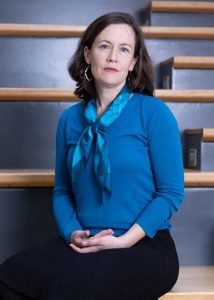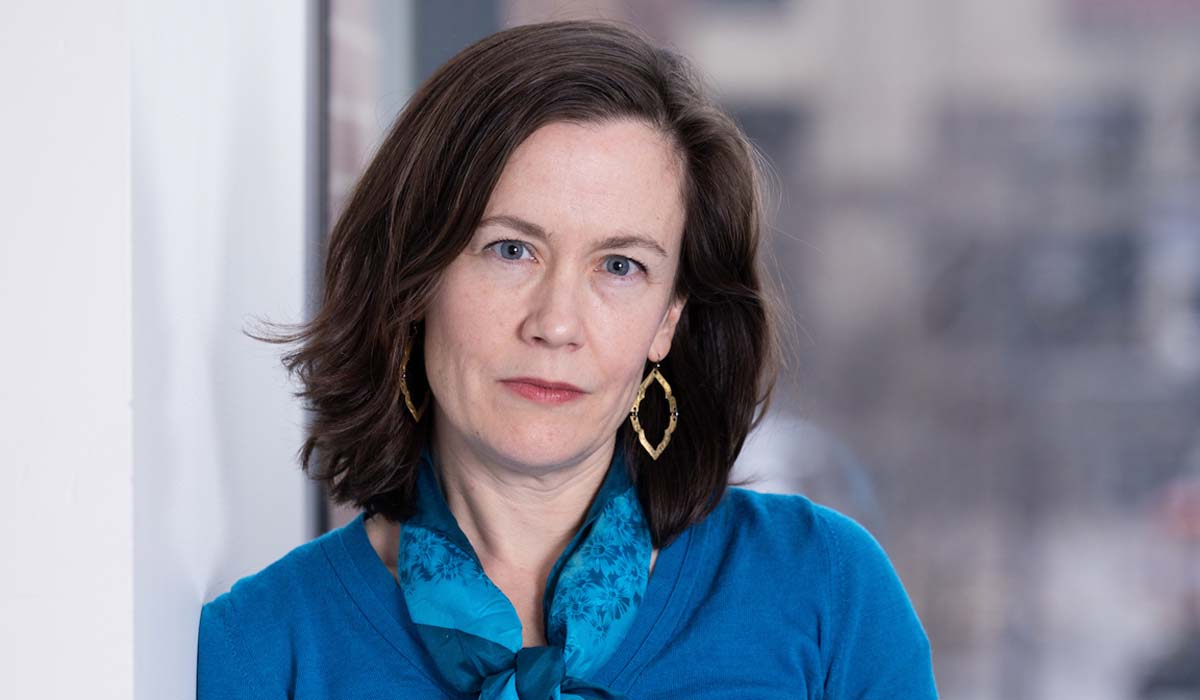Introduction
What most excites you about the SPH Strategic Plan for Antiracism?
“I’m excited that our Strategic Plan for Antiracism (SPAR) positions antiracism as a core value of the school. There is significance in pointing out antiracism specifically, because so many other institutions have initiatives that are generally focused on diversity, equity, and inclusion (DEI) in a way that do not acknowledge the reasons that our institutions lack diversity. Inequities did not just happen; they exist because of systems of oppression. So we need a plan to creatively push back against those systems. Antiracism needs to be integrated into our school, meaning we must actively work against racist forces and hold ourselves accountable. I particularly like that the strategic plan includes metrics and a plan for evaluation to support accountability. The SPAR communicates our values to the outside world. For example, I’ve heard from a number of applicants to our MPH and PhD programs, as well as from potential new faculty candidates, that one of the things that stands out about UMN is our focus on antiracism. ”
Commit
Using “commit” emphasizes a pledge to prioritize antiracist efforts in making SPH a more welcome, equitable, and just organization.
Why do you think some U.S. states, cities, and counties have recently declared racism a public health crisis or emergency? What is the importance of those declarations?
“The high profile murder of George Floyd and other Black people has made it harder for people to ignore the racism in this country. These declarations are important because they challenge the racist idea that some groups are racially or biologically inferior to another by acknowledging that racism is a systemic issue. But, I am a little worried that framing racism as a ‘crisis or emergency’ can be detrimental because racism did not just emerge. It has been a foundational element of our country since the beginning of our history. And because of that, it takes consistent work to combat it. I am also skeptical that these declarations will do anything by themselves. Those words may help us hold our feet to the fire, but they do not do that by themselves. We need to be focused on actions and results.”
What do you see as your role in antiracism?
“This work is a moral imperative for me. As an educator, I need to ensure that I am being ethical in my approaches, which led to the creation of the How to Be an Antiracist Epidemiologist course that I co-teach with Associate Professor Jaime Slaughter-Acey. My role as an instructor is to train students to be effective public health practitioners, and that includes incorporating antiracism and health equity into the framework of the courses that I teach. The antiracist epidemiologist course came as a reaction from seeing biological racism play out in public health articles and research. That type of work maintains a powerful narrative about biological differences that enables racist beliefs. It is important for our students to challenge those beliefs to be the best public health professionals they can be.”
Challenge
We are “challenged” to accept that racism exists and to “challenge” it when we see it.
What are some ideas you have about how to stand up to racism?

“As faculty, one thing we can do is to train our students well. We need to build them up and give them the tools necessary to succeed. We also must ensure that we are recruiting and admitting students that have marginalized identities and that we are giving them the support they need to thrive in a predominantly white institution. As a white faculty member, I need to be aware of the comforts and power I have, and to work to open up our spaces to students with marginalized identities. I am committed to making SPH an inclusive space, and that requires me to be unafraid of making mistakes and correcting them.”
How are you challenging yourself in antiracist work?
“I try to be cognizant of how racism creeps into my own thoughts and actions. I regularly provide myself with counternarratives that challenge those racist thoughts that have been ingrained in me. There is no clear, proven path towards being antiracist, and as a white person, I try to approach my work and my life with humility and a willingness to grow.”
Change
We have to be willing to “change” and shift our beliefs, attitudes, and actions toward equity and justice.
What is your vision for an antiracist school of public health?
“At SPH, I think we could do a better job at connecting with the community. We cannot just stand behind words; doing the work is necessary to achieve equitable outcomes. And we have to ensure that we are developing a sustainable approach towards addressing health inequities, which comes back to teaching our students effectively to address those inequities. Are we doing the best we can to prepare our students to make a difference in their communities and in the world? I think there is room to grow. SPH is a conduit — we need to measure our success based on how our students, staff, faculty, and alumni do both within their programs and after they leave SPH.”
What changes do you think the field of public health needs to make?
“A lot, ha! We need to engage in more coalition building and, honestly, I think there needs to be less of a self-righteous approach towards public health and a more holistic, culturally humble approach. We need to acknowledge the racist history of public health and learn from those lessons. We also need to act upon the risk and cost benefit of different interventions, and what communities are impacted by the decisions that we make.”
“Building Equity, Driving Justice: Commit | Challenge | Change” — ties all communications related to the SPH Strategic Plan for Antiracism together under one look and feel. The theme showcases our guiding principles, and it motivates and inspires. "Agents for Change" profiles support this theme and all interview questions are related to the action words, Commit, Challenge, Change, as described above.
Submit an idea for this profile series — either your own story, or one that inspires you from another SPH individual or group.

